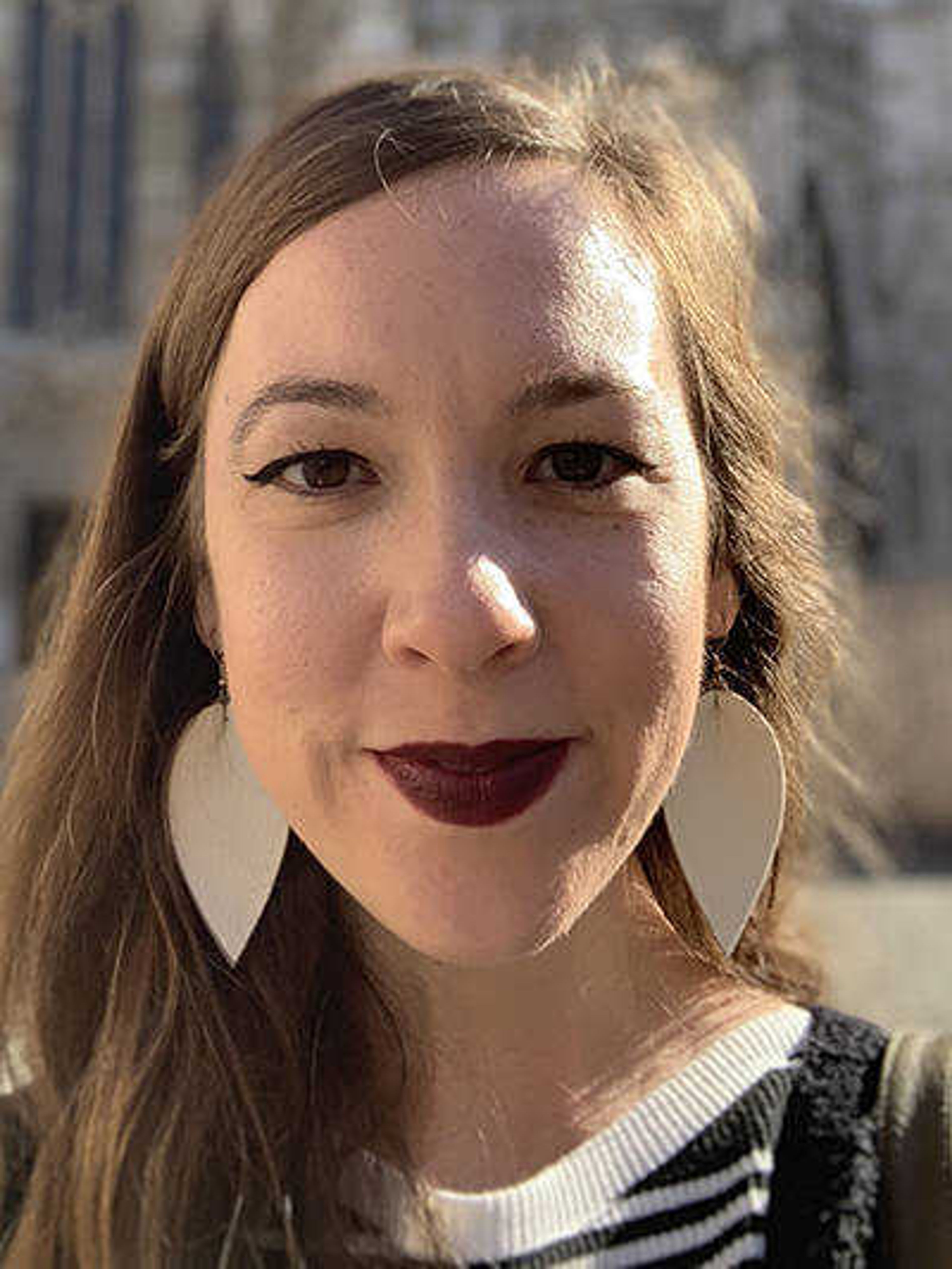The gift of hope in God
I recently watched Josh Garrels' 2013 documentary "The Sea in Between," an art piece of depth, soul, beauty and truth that follows Garrels and other musicians to Mayne Island, British Columbia, for a week of music making, invitation and creation. It is a film that revels in God, nature and communion...
By Mia Pohlman
I recently watched Josh Garrels' 2013 documentary "The Sea in Between," an art piece of depth, soul, beauty and truth that follows Garrels and other musicians to Mayne Island, British Columbia, for a week of music making, invitation and creation. It is a film that revels in God, nature and communion.
During one scene that shows his young children playing together, Garrels discusses having childlike hope and belief in goodness. He speaks of the importance in believing that the world is good, that people are good, that you yourself are good. He admires the simplicity and transformative power of hoping like children do.
This scene really struck me as powerful. It can be hard in our world as we grow older to hope. News headlines tell us it's futile. Even well-intentioned people smile patronizingly at our nonconventional, important dreams. Many of our own experiences teach us to give up, to minimize our deepest desires, to choose safety over risk.
Doubt can creep into our lives in seemingly small and innocent ways, I think. It can be easy to quickly rule out a possibility, to not try because we are afraid of failing or to view the world fatalistically, taking no responsibility for creating God's Kingdom in it. Think of all the ways we tell God "no" on a daily basis because we are not open to the gift of hope.
Think of all the things God could do in us, with us, through us if we were, instead, people of fierce and quiet hope.
To hope is to risk believing alone when others don't. To hope is to risk hardship and the challenge of perseverance, even when we don't see results. To hope is to risk being called outside of our comfort zone, into communion with others. Hoping is brave. It is counter-cultural.
The world would tell us that to hope is to risk disappointment. And maybe hope does risk this, if we view it from our own perspective.
Romans 5:5 tells us, though, that hope in God does not disappoint. If we are disappointed, God must not be finished yet. We are safe to hope in God, to place every ounce of our trust and belief in God, who leads us surely where we are needed and frees us from the burden of doubt.
The disciples learned this at the first Easter; it is something we remember every year and the most important belief in being a Christian. Jesus looked dead. All events and eyewitness accounts pointed to this. Yet his followers were called to hope in the words he had spoken to them before he died even though it seemed impossible, were called to believe in his love for them and its transformative power. He asked them to trust in his promises.
And then he rose from the dead. In a twist of events that none of his disciples could have imagined on their own, he walked, talked and ate with them, alive. Their deepest hopes were answered.
This is the hope that Christ calls us to, too.
Let us ask our God to teach us how to hope again. We won't be disappointed.
Connect with the Southeast Missourian Newsroom:
For corrections to this story or other insights for the editor, click here. To submit a letter to the editor, click here. To learn about the Southeast Missourian’s AI Policy, click here.










